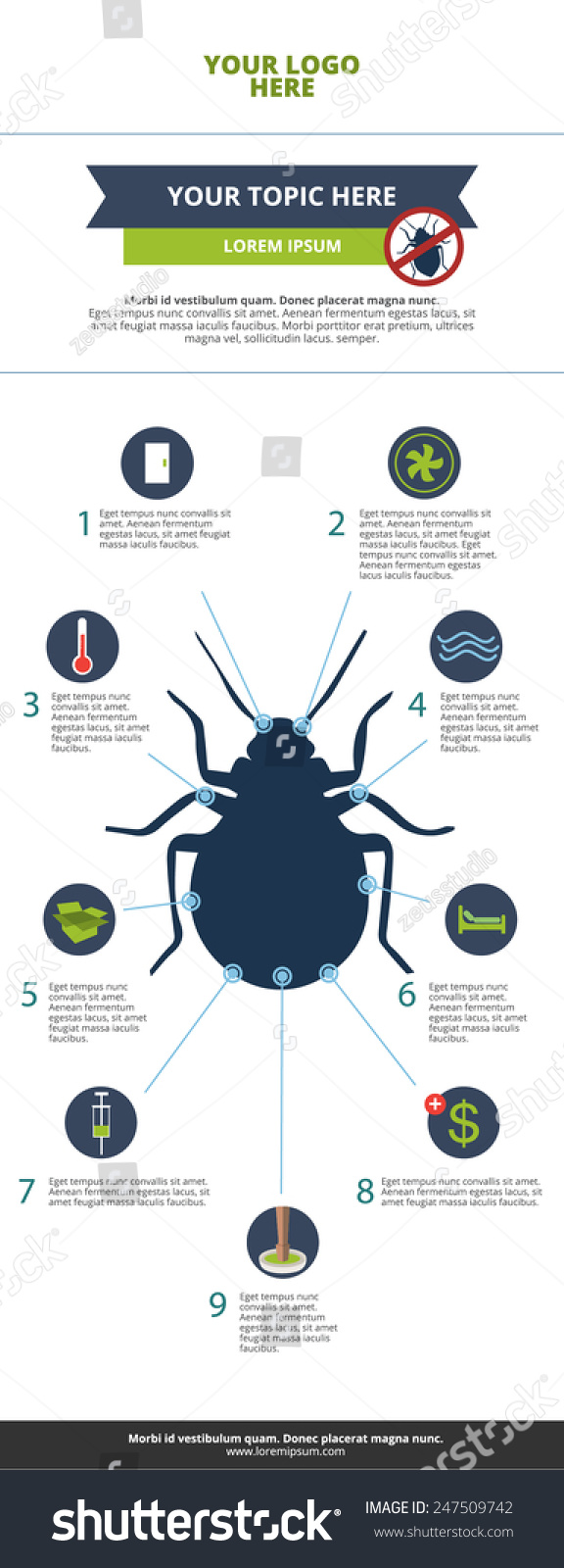The Duty Of Bug Control In Food Safety And Security And Health
The Duty Of Bug Control In Food Safety And Security And Health
Blog Article
Produced By-Willadsen Johns
Are you familiar with the hidden dangers that bugs position to the safety and hygiene of your food? From rats to bugs, these unwanted site visitors can infect your active ingredients, surfaces, and storage areas.
This short article discovers the crucial duty of bug control in preserving the highest criteria of food security and hygiene. Discover effective strategies and avoidance procedures that will aid you shield your company, customers, and track record.
Do not allow pests jeopardize the high quality of your food.
The Effect of Pests on Food Safety and Hygiene
In your kitchen area, parasites can have a significant impact on food security and hygiene. These undesirable guests, such as rodents, insects, and cockroaches, can infect your food, surfaces, and tools with harmful bacteria, infections, and bloodsuckers. They can easily access your kitchen, cabinets, and even your refrigerator, leaving behind droppings, urine, and hair.
Not only can they ruin your food by eating with product packaging, yet they can likewise spread out diseases like Salmonella, E.coli, and Listeria. Visualize preparing a dish for your family members, uninformed that the active ingredients you're using are currently polluted.
It's essential to take immediate activity to stop and regulate pests in your kitchen area. Routine cleaning, appropriate food storage, and specialist parasite control procedures are necessary to ensure food safety and maintain a hygienic environment in your cooking area.
Reliable Parasite Control Approaches for the Food Sector
Applying effective parasite control approaches is critical for keeping food safety and security and hygiene in the food market. By applying these approaches, you can protect against pests from infecting the food and make sure that your items are secure for intake.
One reliable strategy is to consistently inspect and check your center for indicators of insect task. This includes checking for droppings, nests, or any damages caused by insects.
It's also important to secure all access points to stop insects from getting in the facility. Regular cleaning and sanitation are necessary, as parasites are brought in to food deposit and spills.
Additionally, correct waste management is vital to stop the accumulation of food waste that can bring in pests.
Maintaining Hygiene Standards With Pest Avoidance Actions
To maintain hygiene criteria, you should routinely apply pest avoidance measures. By taking proactive steps to prevent pests from entering your food establishment, you can make certain the safety and security and sanitation of your premises. Here are some reliable parasite prevention actions to think about:
- Seal all fractures and holes: Bugs can go into through even the tiniest openings. On Customer satisfaction and secure any spaces in doors, home windows, walls, and floorings to keep bugs out.
- Correct waste administration: Get rid of food waste quickly and securely in sealed containers. This will decrease the destination of parasites and avoid problems.
- Normal cleaning and sterilizing: Preserving sanitation in your facility is critical. Regularly clean and sterilize all areas, paying special attention to locations where insects might conceal or breed.
- Apply a monitoring system: Consistently check your properties for indicators of parasite task. Install parasite surveillance gadgets, such as catches or sensors, to identify and address any type of prospective problems at an early stage.
Final thought
So keep in mind, when it comes to food safety and health, parasite control plays a vital function.
By executing efficient pest control approaches and safety nets, we can guarantee the highest possible requirements of cleanliness and security in the food sector.
Do not let parasites jeopardize the high quality of our food; allow's stand together and safeguard our health and wellness and health.
